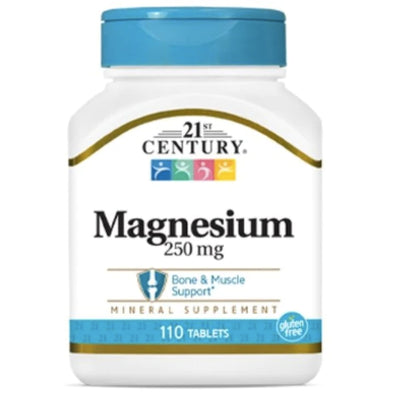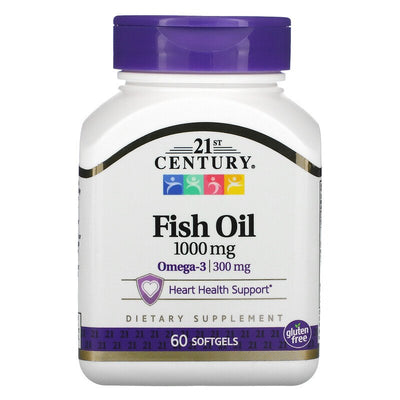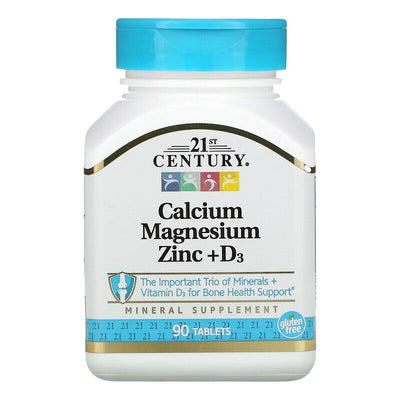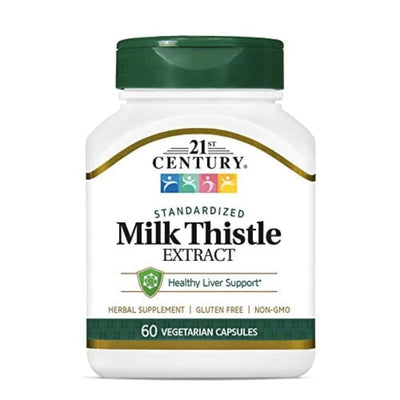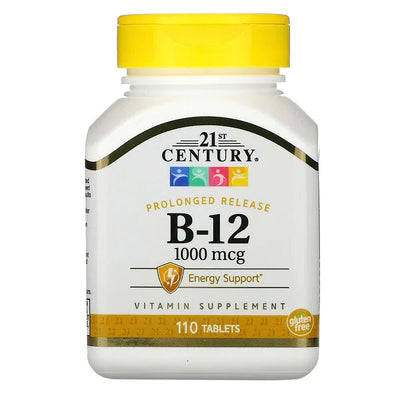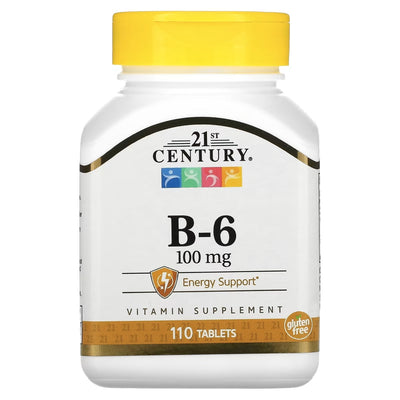
A Beginner's Guide to Choosing the Right Protein Powder
In the world of health and fitness, protein is often hailed as the building block of muscle and an essential nutrient for overall well-being. While obtaining protein from whole food sources is ideal, protein powders can be a convenient and effective way to supplement your daily intake. However, with the plethora of options available on the market, choosing the right protein powder can be a daunting task, especially for beginners. This guide aims to simplify the process and help you make an informed decision that aligns with your goals and preferences.
1. Understand Your Goals: Before diving into the world of protein powders, take a moment to define your fitness goals. Are you looking to build muscle, lose weight, or simply increase your protein intake? Different protein powders cater to different needs, so clarifying your objectives will guide you towards the right choice.
2. Types of Protein: There are several types of protein powders available, each derived from various sources. The most common types include:
-
Whey Protein: Derived from milk, whey protein is a complete protein containing all essential amino acids. It's quickly absorbed and is excellent for muscle recovery and growth.
-
Casein Protein: Also sourced from milk, casein protein is slower-digesting and provides a steady release of amino acids over time, making it ideal for nighttime consumption.
-
Plant-Based Proteins: These include options like pea, rice, hemp, soy, and more. Plant-based proteins are suitable for vegetarians and vegans and often come with additional nutrients and fiber.
-
Egg White Protein: A lactose-free option that provides a complete protein source with a good amino acid profile.
-
Beef Protein: Made from beef sources, it's a potential option for those looking to avoid dairy and plant-based proteins.
3. Protein Content: Check the protein content per serving on the nutrition label. A standard serving typically contains around 20-25 grams of protein. Remember that the protein content may vary depending on the type of protein powder.
4. Amino Acid Profile: Amino acids are the building blocks of protein, and they play a crucial role in various bodily functions. Look for protein powders that offer a complete profile of essential amino acids.
5. Additional Ingredients: Some protein powders come fortified with additional vitamins, minerals, and other ingredients such as digestive enzymes, probiotics, and antioxidants. Consider whether these additives align with your nutritional needs.
6. Flavor and Sweeteners: Protein powders come in a range of flavors, from vanilla and chocolate to more unique options. Be mindful of added sugars and artificial sweeteners, especially if you're watching your sugar intake.
7. Allergens and Sensitivities: If you have allergies or sensitivities, check the ingredients list carefully. Many protein powders contain allergens like dairy, soy, or gluten. Opt for options that cater to your dietary requirements.
8. Price and Quality: While cost is a factor, prioritize quality over the price tag. High-quality protein powders often undergo rigorous testing for purity and efficacy.
9. Read Reviews: Before making a purchase, read reviews from other users. Their experiences can offer insights into taste, mixability, and overall effectiveness.
10. Experiment and Adjust: Every individual's body reacts differently to protein powders. It might take some trial and error to find the one that suits you best. Don't hesitate to switch brands or types if you're not getting the desired results.
Share








